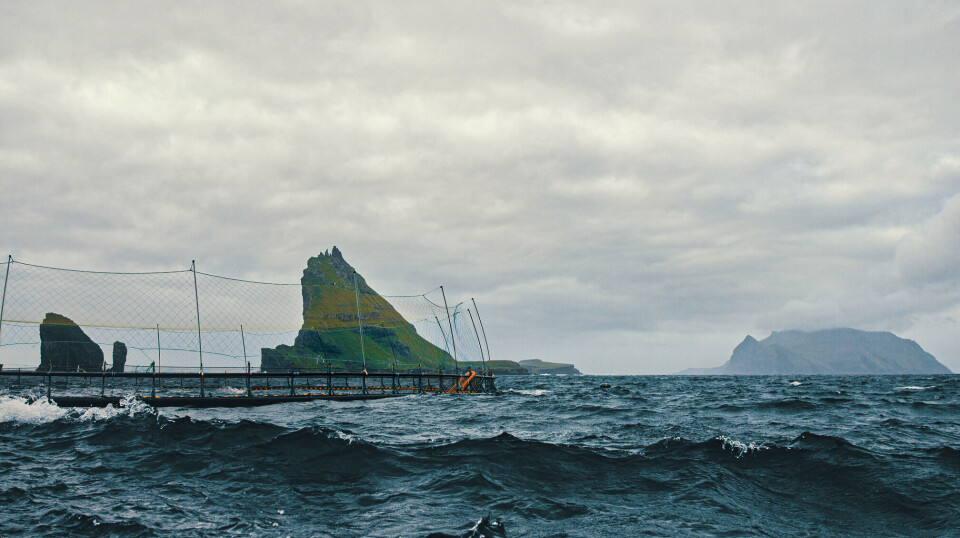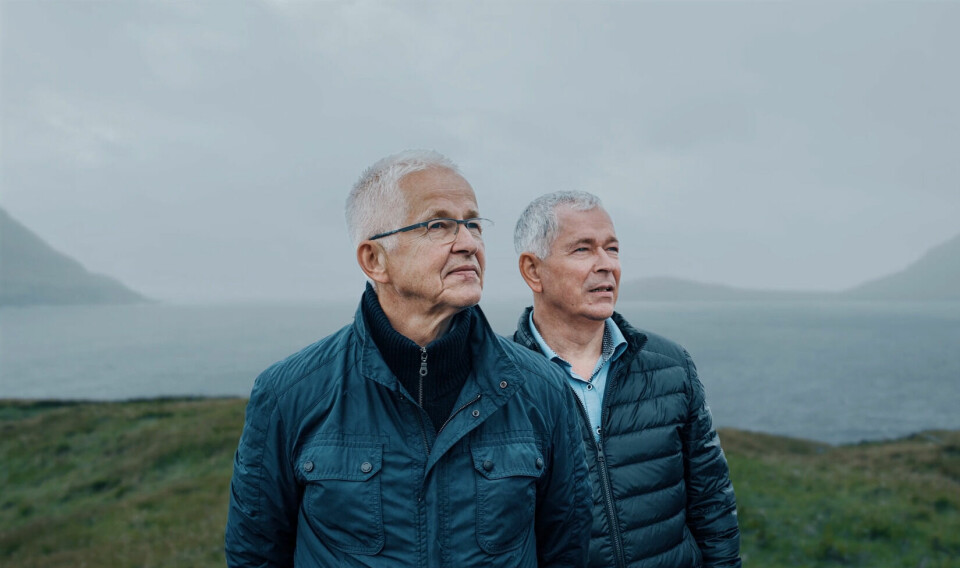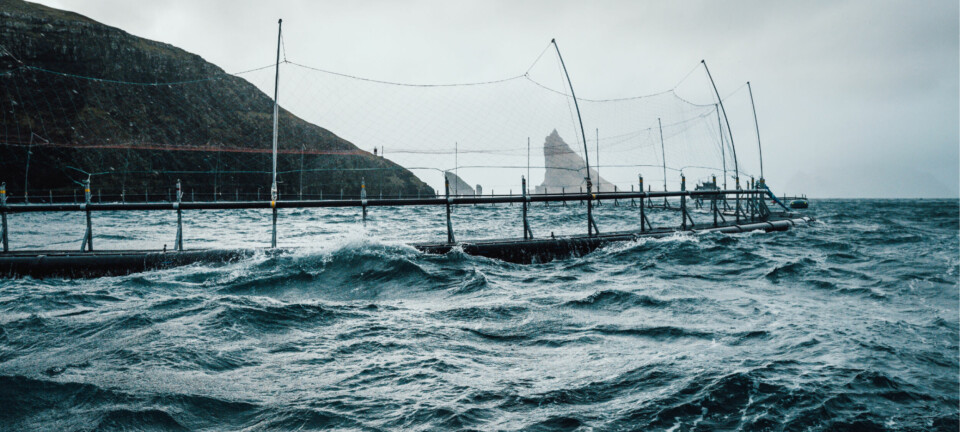
Salmon farmer ‘has halved emissions by stopping flights’
Geldof-inspired Hiddenfjord saved an estimated 200,000 tonnes of CO2 in three years, but Asian market is out of reach
Faroese salmon farmer Hiddenfjord has saved an estimated 200,000 tonnes of carbon dioxide emissions since it began to ship its salmon products exclusively by sea three years ago today, it said.
The switch from air to sea freight only – inspired by musician and political activist Bob Geldof - has more than halved the company’s total emissions. The amount of CO2 saved is equivalent to CO2 emissions from the total fuel usage of all vehicles and households in the Faroe Islands in 2022, said the company.
Hiddenfjord said it is the first and only company in the aquaculture industry to completely stop distribution by air, an initiative it took despite considerable risk of losing lucrative markets for fresh salmon in Asia and North America.
“Transporting food by air is simply unethical. Full stop,” said chief executive and co-owner Atli Gregersen, who acted following a lecture on climate change called “Making a Difference” held in the Faroe Islands by Geldof.
Take action!
“Geldof said, ‘Pondering too long about the pros and cons of an initiative will not make anything happen. Take action! Then things will become much clearer, and you will put all your energy into finding solutions and achieving your goals’,” said Gregersen.
Once the decision to stop all air freight was taken, Hiddenfjord started to explore the possibility of sending fresh salmon by ship to the United States. By developing a unique processing and cooling system, Hiddenfjord has successfully preserved the quality of its salmon and extended its shelf life.
Hiddenfjord said that customers in the United States, once quizzical, have embraced the shift to sea freight and have grown substantially in numbers. In the EU, customers have benefited from this improvement in quality and extended shelf life. The Asian market, however, remains unattainable because of the extended length of transportation time for fresh salmon.
























































